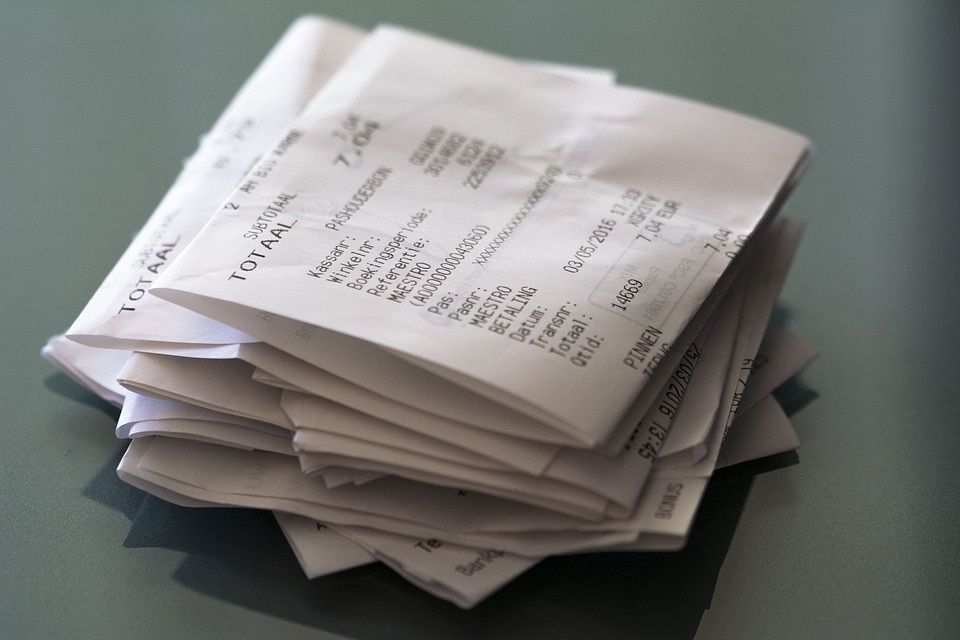Cardinal rules of receipt keeping
So what are the must-dos that business owners, like you, should keep in mind while handling your expense keeping?
First and foremost, you must keep all your work-related receipts. These can then be used as evidence for your business expenses during tax time.
However, it is not only about having all the receipts, but also ensuring that all the receipts have the requisite details to explain their purpose.
This comes handy for you, especially when you have to claim company expenses for entertainment and food. For instance, name of the employees or clients who were part of the event, the respective job titles, the date of the event and the venue should be recorded next to the receipts.
Secondly, you might have a credit card that is specifically assigned for business expenses. However, storing only credit-card statements will not be sufficient for your record keeping.
Since these statements are never itemised, all purchases will look like large lump sums. Hence, please ensure you have a register receipt to accompany your credit-card statements.
Thirdly, all of us know that the ink on the receipts fade away with time. Since most tax authorities expect business owners to have their company records for up to six years, it is best to scan your receipts or better still, take a photo.
Lastly, while credit-card and debit-card expenses get documented, pure cash transactions are far harder to track and can sometimes be forgotten and not accounted for. Hence, it is vital for you to get receipts from the vendor for every cash transaction.





